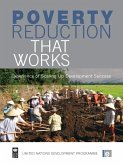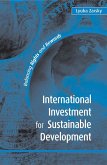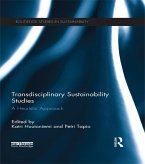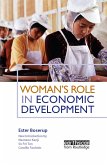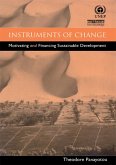The authors examine a range of evidence to assess whether the 'bottom billion' people, living mainly in the rural areas of low-income countries, can improve their position through productive strategies and, if so, how? They propose an innovative conceptual framework of value chain upgrading for some of the most marginal producers in the poorest local economies. They demonstrate how interventions can improve poverty and the environment for poor people supplying a wide range of services and agricultural and food products to local, regional and global markets.
This analysis is based on empirical research conducted in Senegal, Mali, Tanzania, India, Nepal, Philippines and Vietnam. The main focus is on poverty, environment and gender outcomes of upgrading interventions, and represents one of the key challenges of contemporary development economics.
Dieser Download kann aus rechtlichen Gründen nur mit Rechnungsadresse in A, B, BG, CY, CZ, D, DK, EW, E, FIN, F, GR, HR, H, IRL, I, LT, L, LR, M, NL, PL, P, R, S, SLO, SK ausgeliefert werden.



